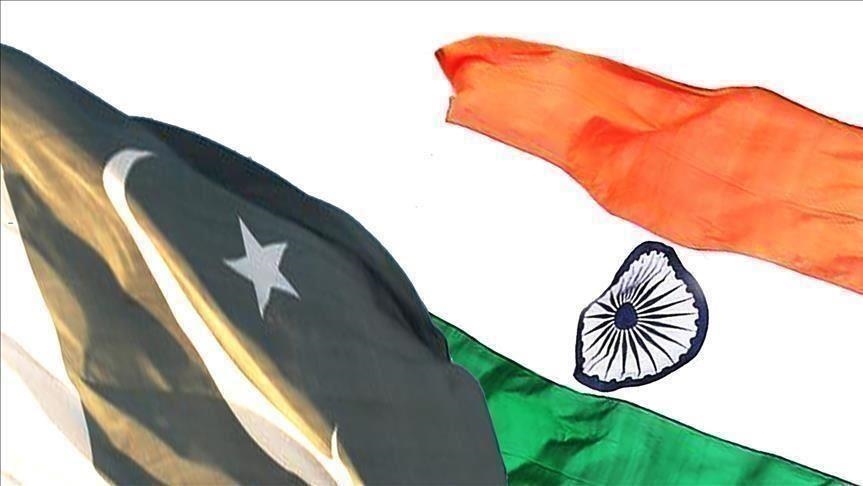Pakistan urges India to comply with Indus Water Treaty
Islamabad's remarks come after New Delhi formally seeks review of water sharing deal brokered by World Bank in 1960

NEW DELHI/KARACHI, Pakistan
Pakistan on Thursday asked India to comply with the Indus Water Treaty (IWT), a 64-year-old water sharing agreement between the longtime rivals."The Indus Waters Treaty is an important treaty that has served both Pakistan and India well over the last several decades. We believe it is the gold standard of bilateral treaties on water sharing, Pakistan is fully committed to its implementation.
"We expect India to also remain committed to the treaty," Foreign Office Spokeswoman Mumtaz Zahra Baloch told reporters during a weekly press briefing in Islamabad.
Her remarks came after India formally sought a review of the agreement brokered by the World Bank in 1960.
"Pakistan believes that it is our collective responsibility to maintain ecological balance, protect our environment and avoid measures which may have adverse implications for the environment," she added.
The two countries, she went on to say, have a mechanism of Indus Commissioners and believe "all issues pertaining to this Treaty can be discussed in this mechanism."
New Delhi had sent a notice to Islamabad on Aug. 30 under Article XII (3) of the Indus Water Treaty.
“India’s notification highlights fundamental and unforeseen changes in circumstances that require a reassessment of obligations under various articles of the treaty,” the report said, quoting unnamed sources.
The two longtime rivals share the water of six rivers under IWT, a water-sharing agreement brokered by the World Bank in 1960.
Under the agreement, the waters of the eastern rivers – the Sutlej, Beas and Ravi – have been allocated to India, while the three western rivers – the Indus, Jhelum and Chenab – go to Pakistan.
Pakistan accuses India of "continuously violating” the treaty by building dams on the western rivers, whereas New Delhi thinks Islamabad controls more water than New Delhi as a result of the treaty.
India is also locked in a water dispute with China on the construction of dams and proposed diversion of the Brahmaputra River, which originates in Tibet and provides a third of India’s needs for irrigation. Anadolu Agency website contains only a portion of the news stories offered to subscribers in the AA News Broadcasting System (HAS), and in summarized form. Please contact us for subscription options.








